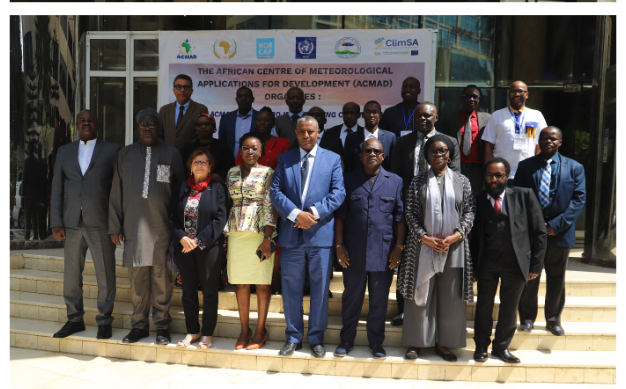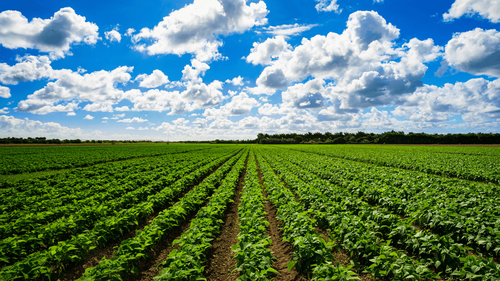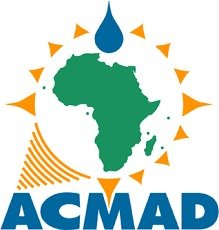African Region Climate Centre
Centre of World Class Climate information for the continent
Climate monitoring is a very crucial component it ensures that actions are taken in time
The African RCC monitors the present state of ocean-land-atmosphere system using different parameters including temperature, precipitation, circulation and convection over Africa and the globe. These parameters are direct measurements from in-situ and satellite observations or derived products from data assimilation systems called analyses or reanalyses. These monitoring products are useful inputs to understanding of and improved knowledge of the past and present-day climate including trends and extremes. There are the basis for climate research and operational Long Range Forecasting. Noting the necessity for homogeneous and consistent datasets for reliable climate monitoring, the African RCC relies on Global analyses and reanalyzes of global Centres.

Climate watch monitoring
The Data Collection and Management function involves systematically gathering and storing climate-related data from diverse sources like satellites, ground sensors, and weather stations. This data encompasses various environmental parameters such as temperature, precipitation, and atmospheric conditions. The department ensures the accuracy, reliability, and accessibility of this data, making it available for analysis and forecasting. This foundational task supports all other functions of the department by providing the raw data necessary for detailed climate analysis and prediction.
Forecasting and Modeling
Forecasting and Modeling involves developing predictive models that project future climate conditions. Utilizing historical data and current trends, this function creates short-term weather forecasts, seasonal outlooks, and long-term climate predictions. These models are essential for planning and preparedness, allowing stakeholders in agriculture, urban planning, and emergency management to make informed decisions based on expected climatic conditions.
Collaboration and Outreach
Collaboration and Outreach involve working with other agencies, research institutions, and international organizations to share data, insights, and strategies. This function also includes public engagement activities designed to educate and inform the community about climate change and its impacts. Through collaboration and outreach, the department fosters a cooperative approach to global climate issues, enhancing the collective ability to address environmental challenges.
Latest Updates


ACMAD Predicts Early Rains in Sahel, Raising Hopes for Farm…

Drought Monitoring & Advisory Service for the African Conti…



